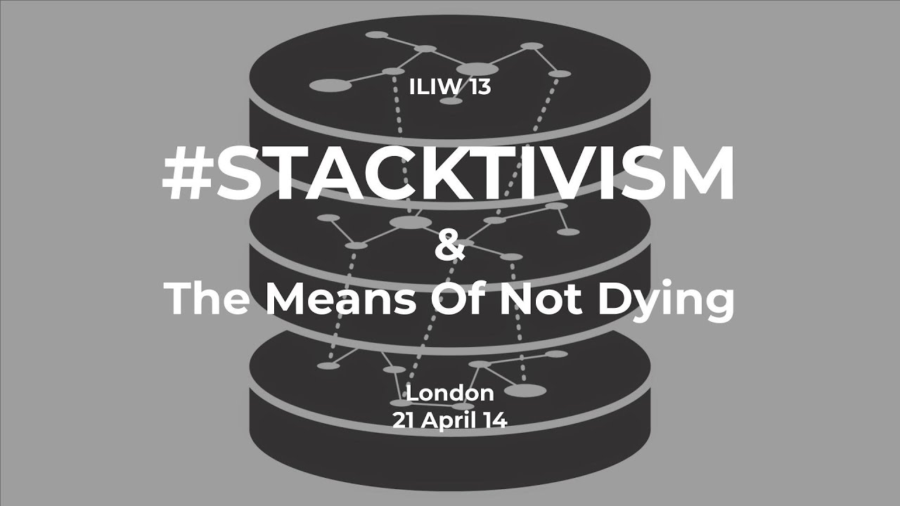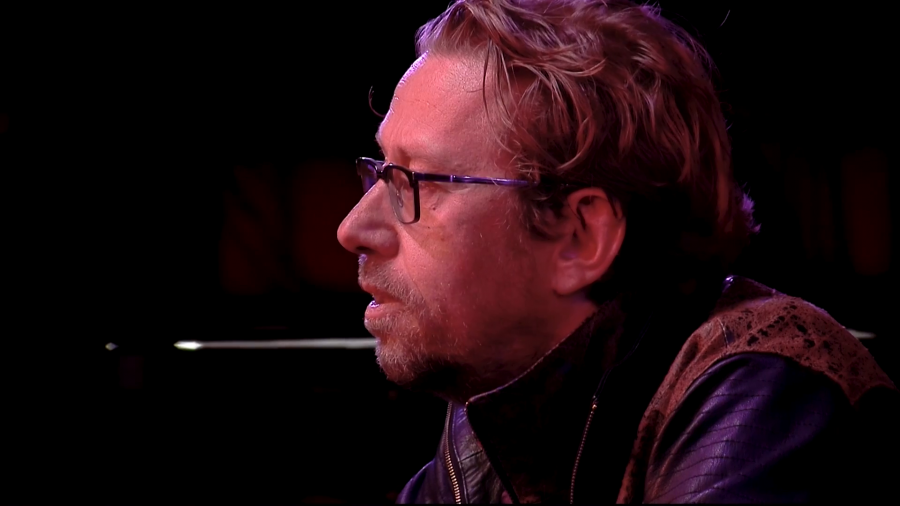History of technology is the history of civilization. The primary concern of all humans throughout history has been not dying. So the way that we have coped to mitigate this risk of not dying is by building infrastructure.
Archive
I actually think you can trace many many of these big systemic crises to being symptoms of the flawed idea that economic growth can go on indefinitely, exponentially, on a finite planet. That’s sort of my North Star. And then as a finance person, why do we think we need economic growth? Well, because the way our capital system works is that capital demands that growth.
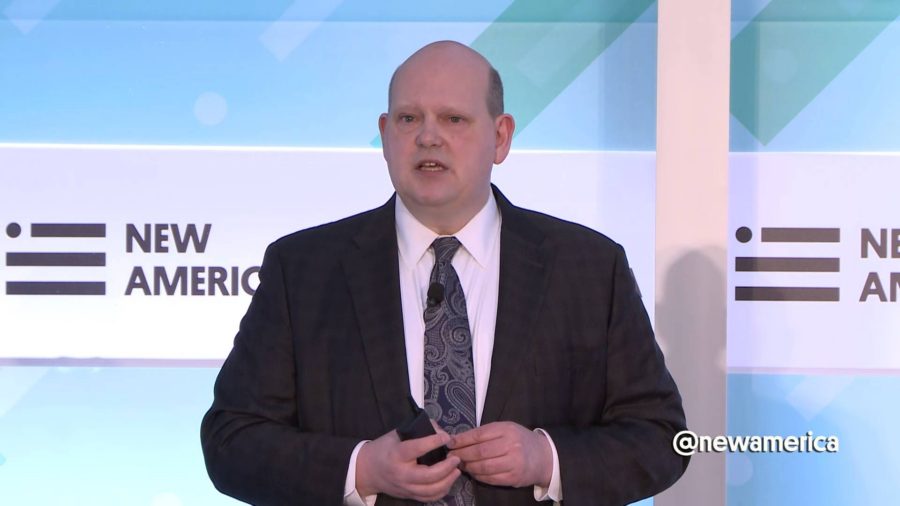
Sure, cyberspace is about people and data. But it is also about applications. And devices. And the indirect and non-obvious relationships between all of this. It creates a very complicated and exciting ecosystem. One that is capable of dramatic innovation, and dramatic exploitation.
Much of class and isolation and pulling away is this sort of illusion that somehow we can be apart from the suffering that is in our midst. And that’s a myth. The social isolation that many people in the one percent experience is a wound.
I enjoy clean air and clean water as much as the most rabid environmental person. I just think we can have the products of society, as well as having these things. Progress is a good thing. I’m just simply a realist. And I’m just trying to enjoy life, enjoy family, enjoy friends, and contribute to society as best I can. And I think providing energy, I think providing the metals that society consumes, that people have in their their iPads, in their iPods, in their iPhones… I think that’s an honorable thing to do. What else would you do? You know, why fight that?
If the point of making a 10,000-year clock is to get people to think longer term how do you design that experience so that it really does that? And one of the things that we we realized is that people really need to be able to interact with it. That they need to be able to make the moment they visit it their own. So while the clock does keep time all by itself with the temperature difference from day to night, it doesn’t actually update any of the dials, none of the chimes chime, unless someone’s there to wind it.
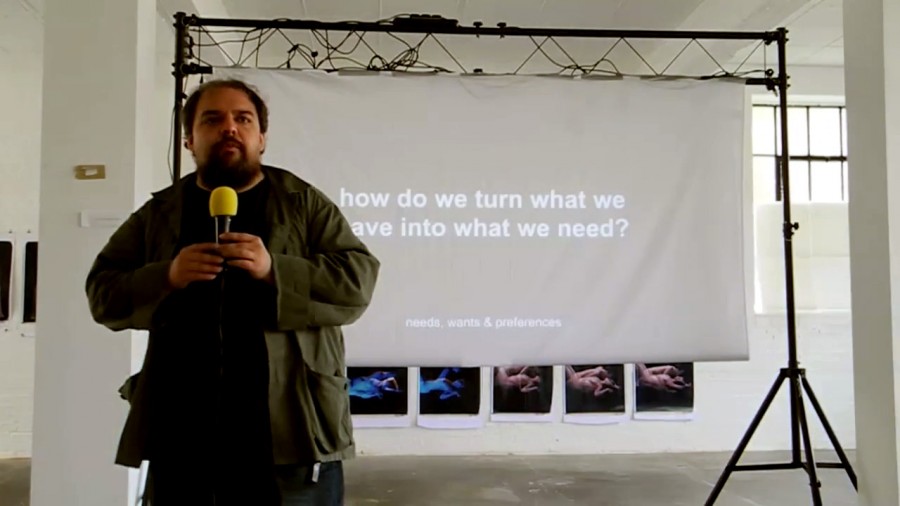
This is a completely new kind of design challenge. There’s no way that you can take the civilization we have and re-scale it for 1–10 kilograms of copper per human per lifetime. You have to think in a completely different way if you’re going to operate inside of this framework where you take the sustainable harvest of the Earth and you divide by nine billion.
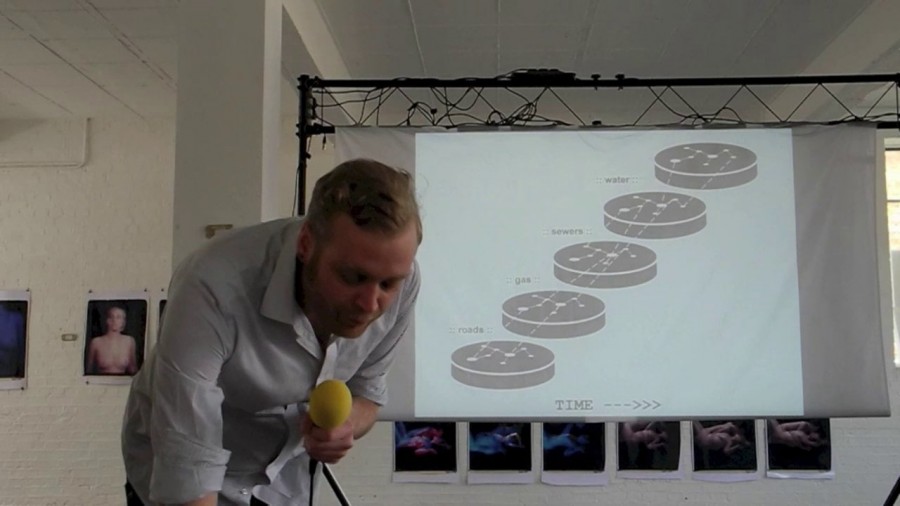
It’s this infrastructure that is unseen, because it is infra-structure, it is under the structure. And when you start thinking about this massive web of technologies that keep you alive, the only interfaces we have on a day-to-day basis are tap, turn, flush. Everything else is hidden and unseen.

